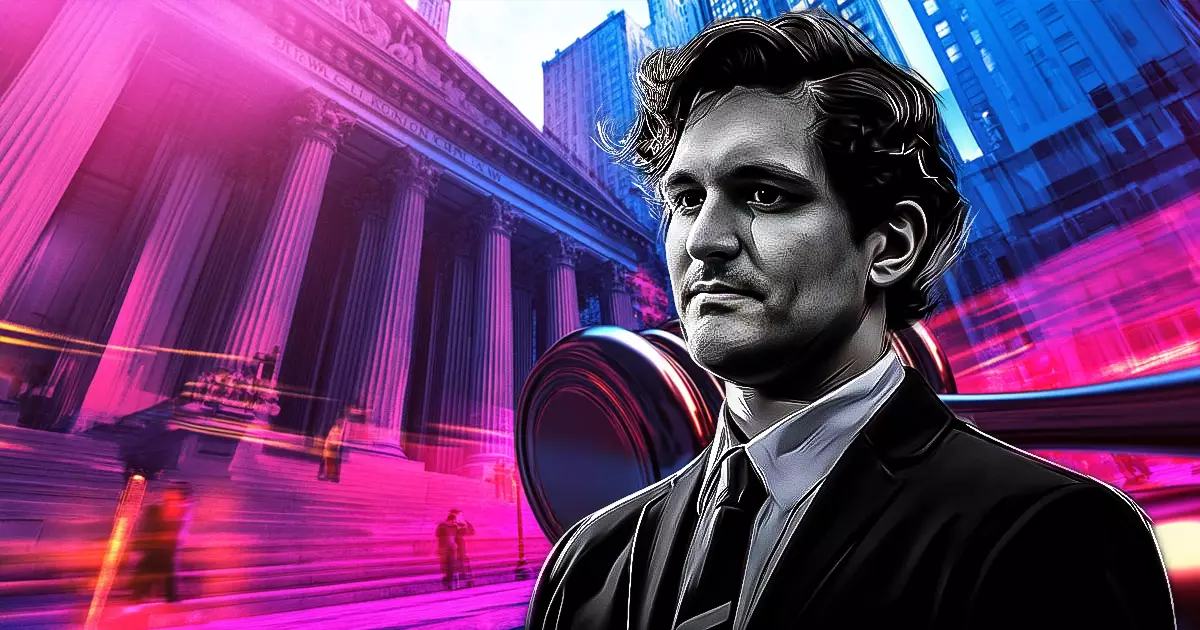Sam Bankman-Fried, once a prominent figure in the cryptocurrency world as the founder of the FTX exchange, has recently encountered a significant setback in his legal battle. The U.S. authorities have firmly rejected his appeal to overturn his conviction and subsequent sentencing linked to the dramatic collapse of FTX. In a recent court filing, the government’s position highlighted the perceived lack of merit in Bankman-Fried’s claims, focusing on the integrity of both the jury’s decision and the trial itself. This ruling comes as a pivotal point in a case that has not only impressed upon the legal landscape but has also resonated deeply within the financial community.
Bankman-Fried’s appeal, submitted in September at the Second Circuit Court of Appeals, centered on allegations of judicial bias and procedural inconsistencies during his trial overseen by Judge Lewis Kaplan. He contended that key defense arguments were curtailed and that crucial evidence regarding his investment strategies was not appropriately considered. Moreover, he implied that the scale of FTX’s financial issues might have been exaggerated, casting doubt on the complete loss of customer funds. Such assertions aimed to build a case for a retrial and the reversal of his conviction, yet the government remained firmly opposed.
In their response, authorities dismissed Bankman-Fried’s contentions, defending the original trial’s conduct as both lawful and standard within the context of fraud cases. The government particularly focused on rejecting Bankman-Fried’s criticism of the “no-ultimate-harm” jury instruction, emphasizing its established relevance in such cases. They countered arguments relating to evidentiary rulings, which sought to limit testimony concerning anticipated financial losses and customer reimbursement claims, branding them as irrelevant to the core issues of the trial.
Furthermore, the government also refuted Bankman-Fried’s attempts to compel third-party debtors to produce specific files by clarifying that the court had acted rightly, as those documents were not within its jurisdiction. Notably, the government asserted that Bankman-Fried had received the information he sought from the debtors and had failed to pinpoint any materially significant evidence that he had been denied, showing no substantial effect on his right to a fair trial.
With the dismissal of Bankman-Fried’s appeal, it appears that the judiciary has reaffirmed its earlier decisions, emphasizing the necessity of maintaining a rigorous stance against fraud in financial sectors. The conclusion drawn by the court leaves many questioning the future implications for Bankman-Fried and the broader cryptocurrency market. As legal battles continue to unfold, the case of Sam Bankman-Fried serves as a critical reminder of the legal and ethical responsibilities tied to financial stewardship in a rapidly evolving industry. Ultimately, this ruling not only solidifies the outcome of his conviction but also enhances public trust in judicial processes surrounding financial fraud.



















Leave a Reply